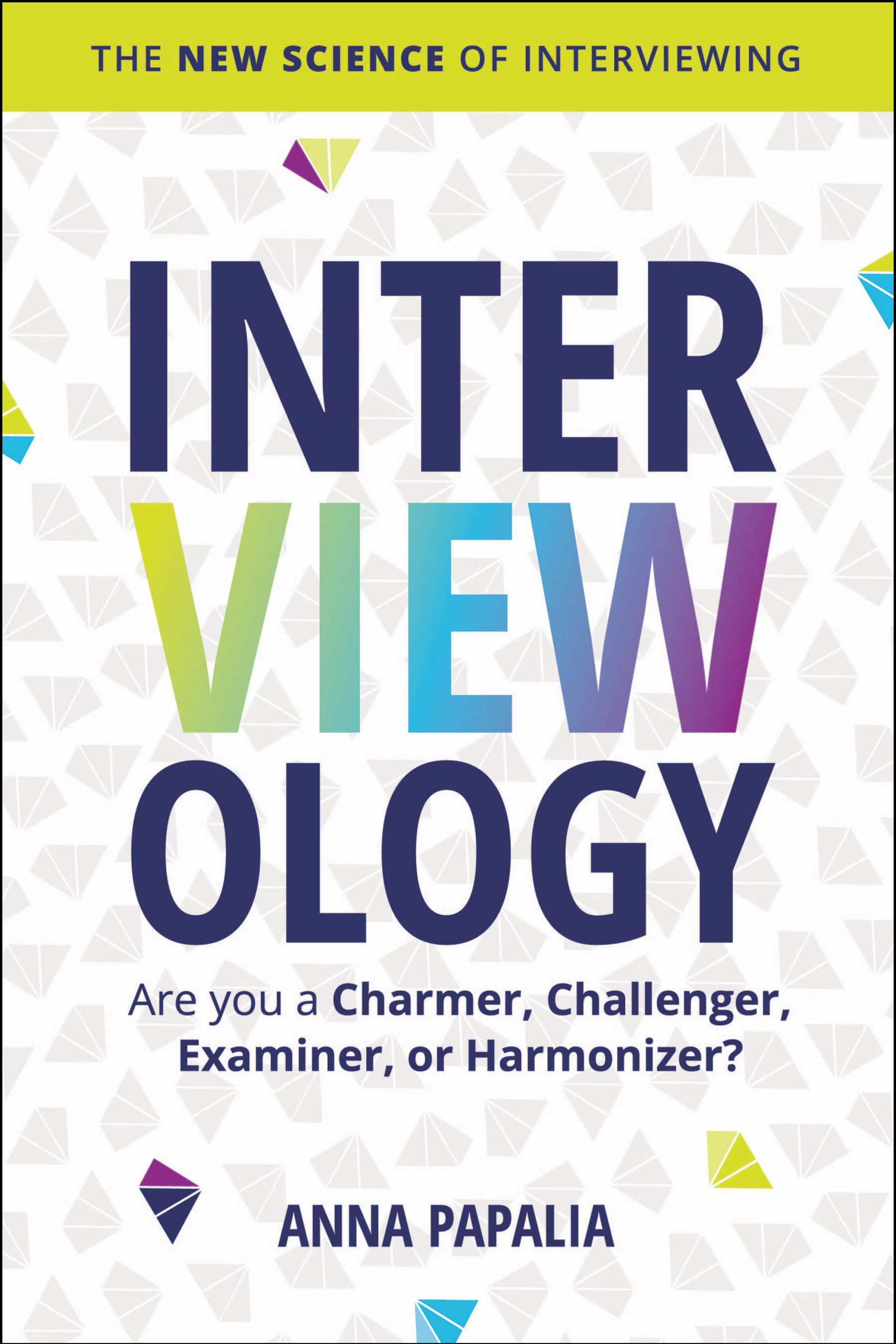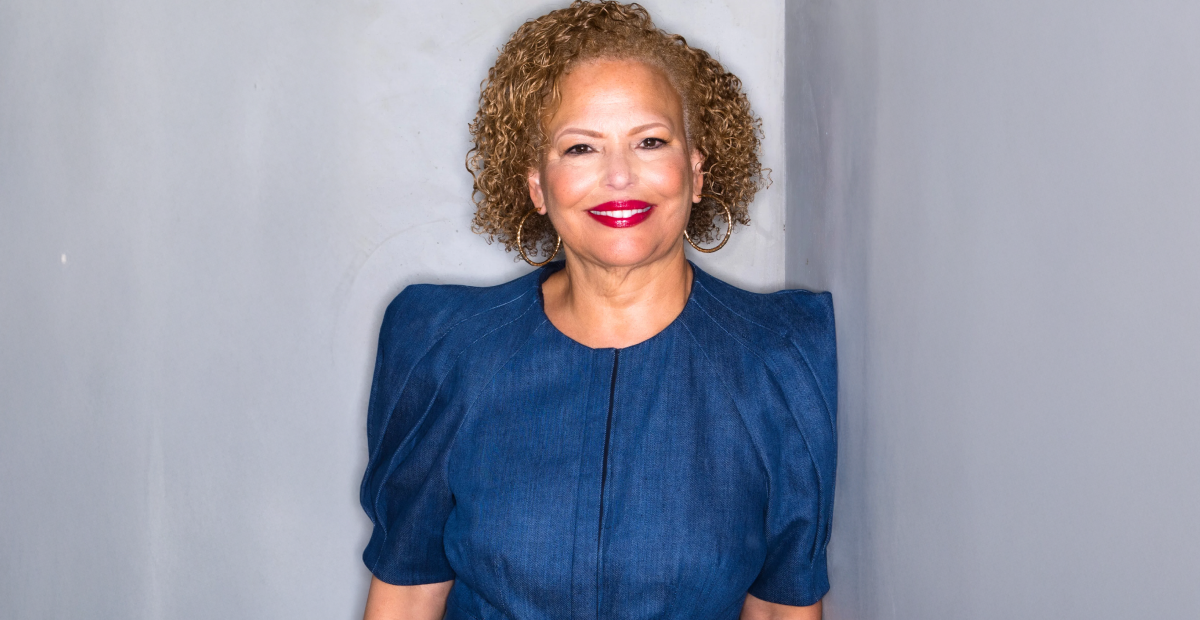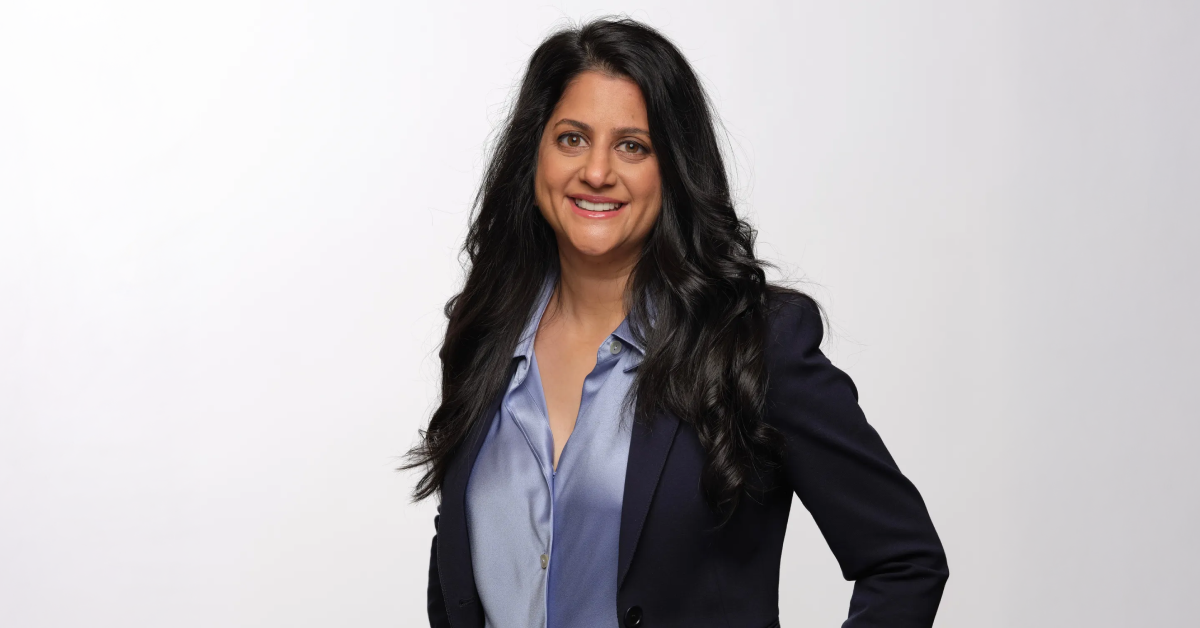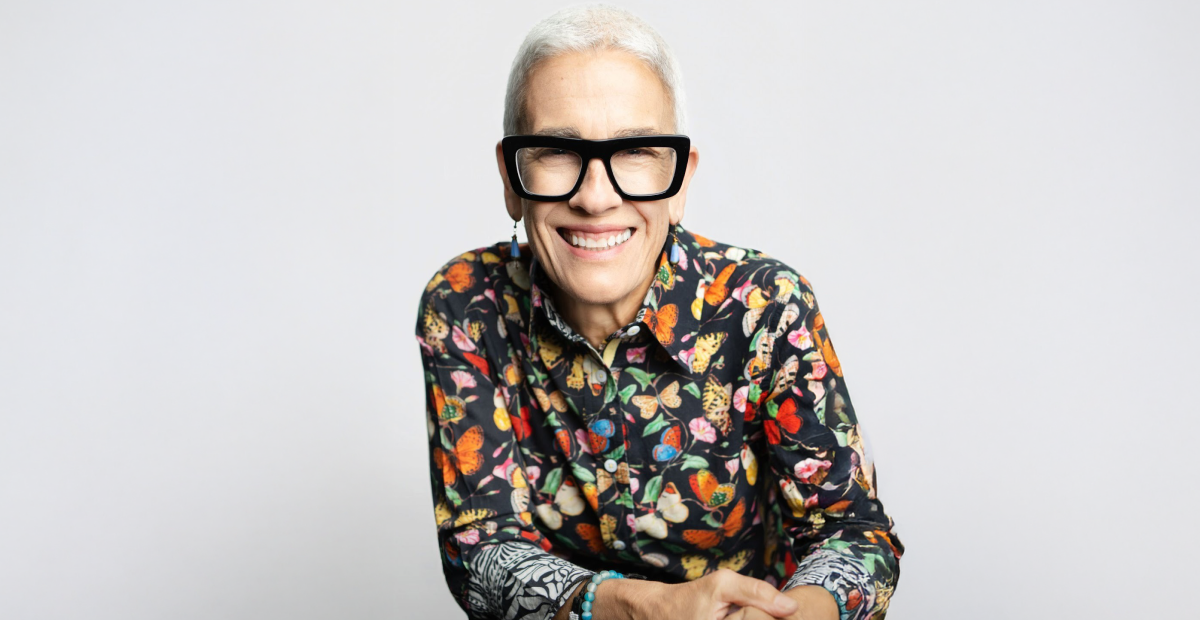If companies are only as good as their people, as the saying goes, then why do they use such an antiquated process for picking their employees? That’s the question that author and consultant Anna Papalia wants executives to ponder in her new book, “Interviewology: The New Science of Interviewing.”
Based on her 15-plus years of experience in corporate recruiting and talent acquisition, and her own original research, Papalia’s book details how self-awareness is the key to a great interview. It can help you determine your interview style and how to make the most of it, whether you’re looking to land a new role or build a great team.
In the excerpt below, she shares how leaders and companies can build self-awareness to make the hiring process better, more inclusive, and less obscure. —Audrey Goodson Kingo

Photo Credit: HarperCollins Publishers
Excerpt from “Interviewology: The New Science of Interviewing.”
Interviewing is by far the most common gateway to get an internship, job, or promotion, and it is expected to remain so, even with advances in technology and AI-supported interviewing tools. For job seekers, your success at interviewing determines the opportunities that are available to you. For companies, interviews are equally significant; the most important business decisions are made in interviews. Who you hire changes your team, department, and the culture of your organization. The wrong hires can greatly impact the success of your team and the effectiveness of decision-making, and decrease your profit and return to shareholders.
Knowing your interview style helps you understand how you make an impression, how you get people to see you as qualified (or how you determine what makes someone else seem qualified), and what you prioritize in an interview. My goal is to move us from saying things like “I didn’t like that candidate” to saying, “My wires get crossed with a candidate that starts off by asking me about sensitive subjects without building rapport first.”
Often, someone’s interview style can get in the way of their being hired, and as hiring managers, we need to take into account a candidate’s interview style and how it interacts with our own. Perhaps asking tough questions is how they get someone to see them as qualified. Just because it’s not the way you would interview, or it rubs you the wrong way, doesn’t mean they’re a bad candidate. Our first impressions are often wrong, and someone’s performance in an interview is not always a good indicator of whether or not they can do the job.
The Hiring Process Is Deeply Flawed
The stakes are high, but we continue to get the interview process wrong — on both sides of the table. Over 90% of the hiring managers I work with tell me that they were never trained to interview. To prepare, they Google it, wing it, or shadow someone. This produces unprepared hiring managers that make costly hiring decisions, which leaves a lot of room for bias.
It doesn’t matter how much money an organization spends on diversity, equity, and inclusion training if they aren’t training their hiring managers how to interview with a more open mind. Because the only way an organization becomes more diverse is at the interview table. If the gatekeepers are positively reinforcing certain behaviors from a place of bias, they will create organizations that are skewed and populations that don’t represent society but represent their biases.
For both job seekers and hiring managers, making complex decisions about people in a short interaction, like an interview, is hard. With so much to take in and so little time to do so, our subconscious minds rely on shortcuts called heuristics, generalizations we make based on patterns we’ve observed. But when it comes to hiring an employee, our heuristics get in our way.
I once had lunch with a CEO who, after he learned what I did, leaned into me and said, “Do you want to know the one question I ask all my candidates? If you were a crayon, what color would you be and why?” He puffed his chest up and expected me to praise him. Instead, I said, “Why would you ask that question? You are hiring for plumbers and electricians, right? What does that tell you about their ability to do the job?”
To say you have the question or the process means that you are just hiring in a biased way. You’re confirming the culture that you want to create. Hiring all the red crayons.
There are people in the world that are discriminated against for so many reasons, even something as simple as the name on their resume. Hiring well means understanding that the process is flawed with implicit bias and systemic racism. It means understanding that unpaid internships aren’t equal opportunities because only the elite can afford to work for free. And disparities don’t stop there. Wage inequality, promotional barriers — the list goes on.
To be better recruiters, better hiring managers, better bosses, we must take all of this into account. We won’t change anything about the interview process until we do.
The Power of Self-Awareness
Self-awareness is when your words and actions are in alignment. In psychology this is called congruence, when your self ratings are consistent with your actions. I believe self-awareness is the most critical component to a great interview. It is the key to acknowledging and dismantling the pervasive bias that leaves us all at a disadvantage. It is also the key for job seekers to improve their interview performance. It should be your guiding principle whether you’re a job seeker, hiring manager or company leader.
Self-awareness isn’t easy — some studies report that only 10 to 15 percent of people are truly self-aware — but knowing your interview style is a door to a much deeper self-awareness. Just as we don’t all interview the same way, we don’t all have the same story and we certainly have not all come from the same place with the same opportunities. Building our self-awareness, whether through learning our interview style, or reflecting clearly on our personal story or bias, allows us to not only interview better, but also to make better decisions about what we want. It also benefits the organizations where we work.
Companies, after all, are just groups of people. Just like people, companies can lack self-awareness. External self-awareness for companies is how a company looks from the outside. Internal self-awareness is how it feels when you work there. Too often, the picture that companies paint of themselves doesn’t align with the experience of working within the organization. It can come from a good place with strong missions, values, and goals, but if these were created by executives too far removed from the day-to-day, they can feel more like corporate mandates than a reflection on the true spirit of the organization.
How does an organization check their self-awareness? You can start by collecting data. Test all your hiring managers’ interview styles and collect data to see if they are hiring the same person over and over.
Empower everyone through accountability and decrease big decisions being made in a vacuum, especially interviews. Create interview teams made up of diverse hiring managers that have to come to a consensus. Create a culture where diversity matters and procedures enhance that diversity. Much like a self-aware person, a self-aware company attracts employees because it knows who it is; it’s not perfect and doesn’t pretend to be; it tries hard to do the right thing but embraces failure. People want to work at places where they can be human, and we want to feel like our companies are run by humans.
From the book “Interviewology" by Anna Papalia. Copyright © 2024 by Anna Papalia. Published by Harper Business, an imprint of HarperCollins Publishers. Reprinted by permission.



